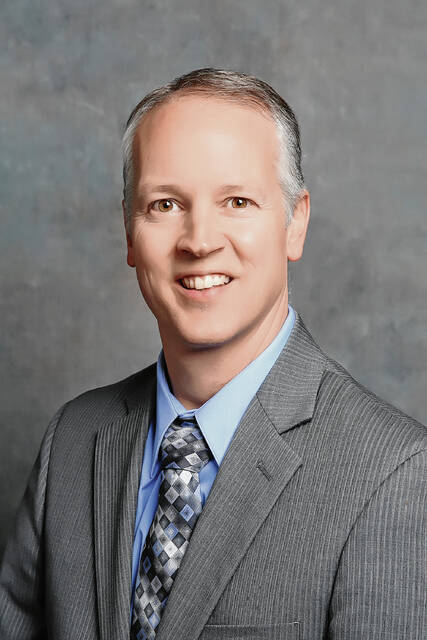INDIANAPOLIS – Local board members are among those unhappy with a proposal by some Indiana lawmakers to add a partisan affiliation to school board races.
Voters in Indiana see a party affiliation next to candidates’ names in most elections – even those that might not seem related to party politics, like county coroner or surveyor. But one position that’s always been nonpartisan in Indiana and most other states is the school board seat. Board members for Hancock County’s four community school corporations — 20 people in all — make decisions about school finances and policies and run without an “R” for Republican or “D” for Democrat attached to their names.
But that could change with a number of bills being proposed that would add party affiliation to school board races. House Bills 1182, 1042, 1145, 1240 and 1305 and Senate Bill 279 all contain provisions that would make that a reality; some also introduce other changes for school boards, like giving voters the ability to recall members.
None of the bills have so far made it out of committees.
Dan Walker, president of the Southern Hancock School Board, said he thinks adding a partisan element to school board races is at odds with the purposes of the bodies.
“I think it would dilute the board members’ role, simply because I believe a board member should serve the community and not a political agenda,” he said.
Walker said the decision to run for school board is typically one that’s driven by a desire to get involved in community service from an unselfish perspective; he’s worked with board members who got involved even though they didn’t have children or grandchildren go through the school system. Bringing partisan politics into that doesn’t make sense, he said, because politics has never been a part of what the school board does.
From an administrator’s perspective, Greenfield-Central Superintendent Harold Olin said he didn’t think the legislation was a good idea, either. He said politics has traditionally stayed out of schools’ operating decisions, and educators have tried to keep it that way.
“I think what we’ve done in Indiana for years has worked,” Olin said.
Kellie Freeman, president of the Mt. Vernon School Board, agreed, saying politics shouldn’t play a role in deciding what’s best for students and staff.
“We have very dedicated board members who are passionate about Mt. Vernon, and what is best for each and every student and staff member,” Freeman said. “It is my understanding that only three states have partisan school board elections. Political opinions are not needed to make decisions about operations, including hiring, retaining or promoting teachers and staff, or educating children.”
Currently, Indiana is among 42 states where local school board elections are held without any party identification on the ballot for candidates, according to an analysis by The Associated Press
Jim Jackson, president of the Eastern Hancock School Board, said he could understand the logic behind including party membership on school board ballots in larger corporations, where voters might not have the opportunity to know their school board members personally. At Eastern Hancock, he said, that’s not the case: Everyone knows everyone, and community members can judge potential school board members on their individual merits.
“I don’t really think it would have much impact on our board,” he said.
The Indiana School Board Association has recommended a compromise in which local voters would have the ability to decide whether they want partisan affiliation in their school board elections. The Indiana State Teachers’ Association, meanwhile, wants party politics completely kept out of school board elections.
“It’s reckless to assume that every local education issue can be captured by dividing boards into dichotomous, ideological or party sides,” Jon O’Neill, the ISTA’s director of government relations, said in a hearing on the issue. “We believe this bill will only bring more polarization into schools at a time when communities, schools and families have been torn apart by the pandemic battles over masking and vaccines, curricula issues and other political divisions.”
The author of one of the bills, Republican Rep. J.D. Prescott of Union City, said the impetus of the idea stemmed from voter demands for more transparency from school board members.
He contended during a bill hearing at the Indiana Statehouse last week that knowing a candidate’s party affiliation will help voters know where a school board candidate stands “on the political spectrum” and how they view national issues. Political party chairs will also help recruit more candidates and lead to more engagement in the election process, Prescott said.

